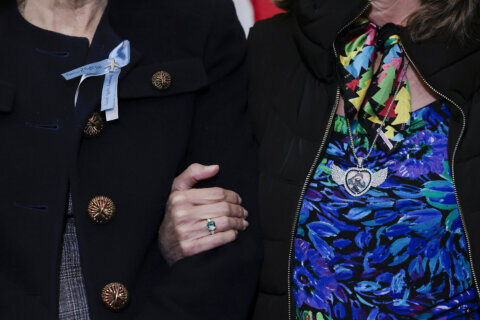WASHINGTON — Metro’s new 7000-series railcars have been billed as much better than the oldest 1000-series railcars and a huge leap towards a safer and more reliable system. But the railcars are suffering from software problems.
Deputy General Manager Rob Troup told Metro board members on Thursday that manufacturer Kawasaki Rail Car is delivering only eight to 12 new railcars per month, rather than the 16 it would receive under normal circumstances.
“These are software issues that we are encountering,” says Troup. “Software generally protects the car against various things out on the system. There is a line where that protection occurs. We’re looking at software changes on the propulsion systems and on the door systems.”
Kawasaki has delivered 60 new railcars to Metro, and 44 of them are available for passenger service. Metro expects another eight to 12 railcars to be delivered before September ends.
“Upgrading software on a car is different than software on your home computer,” says Troup. “Software on a railcar requires a significant amount of safety certification to make sure that any lines of code that you change does not adversely affect something else.”
In total, Metro has purchased 748 railcars from Kawasaki. Metro will use first 528 railcars previously purchased to replace the oldest 1000-series railcars, which the National Transportation Safety Board required after the 2009 fatal crash outside Ft. Totten. These railcars also will be used to replace the 4000-series, which recently were taken out of service temporarily due to door problems.
Metro will likely use the latest purchase of another 220 railcars to replace the 5000-series, which is known to have problems with air conditioning systems. There are 192 railcars in the 5000-series, which was due for expensive mid-life overhaul early next decade but could be retired early, instead.
Troup told reporters that Metro expects the software problems to be fixed in December, when a normal delivery schedule should resume.







